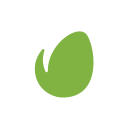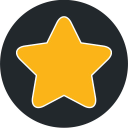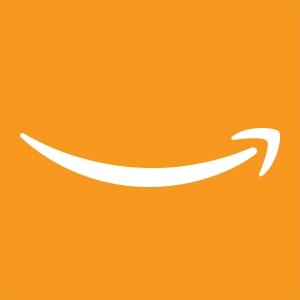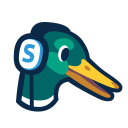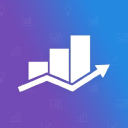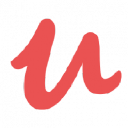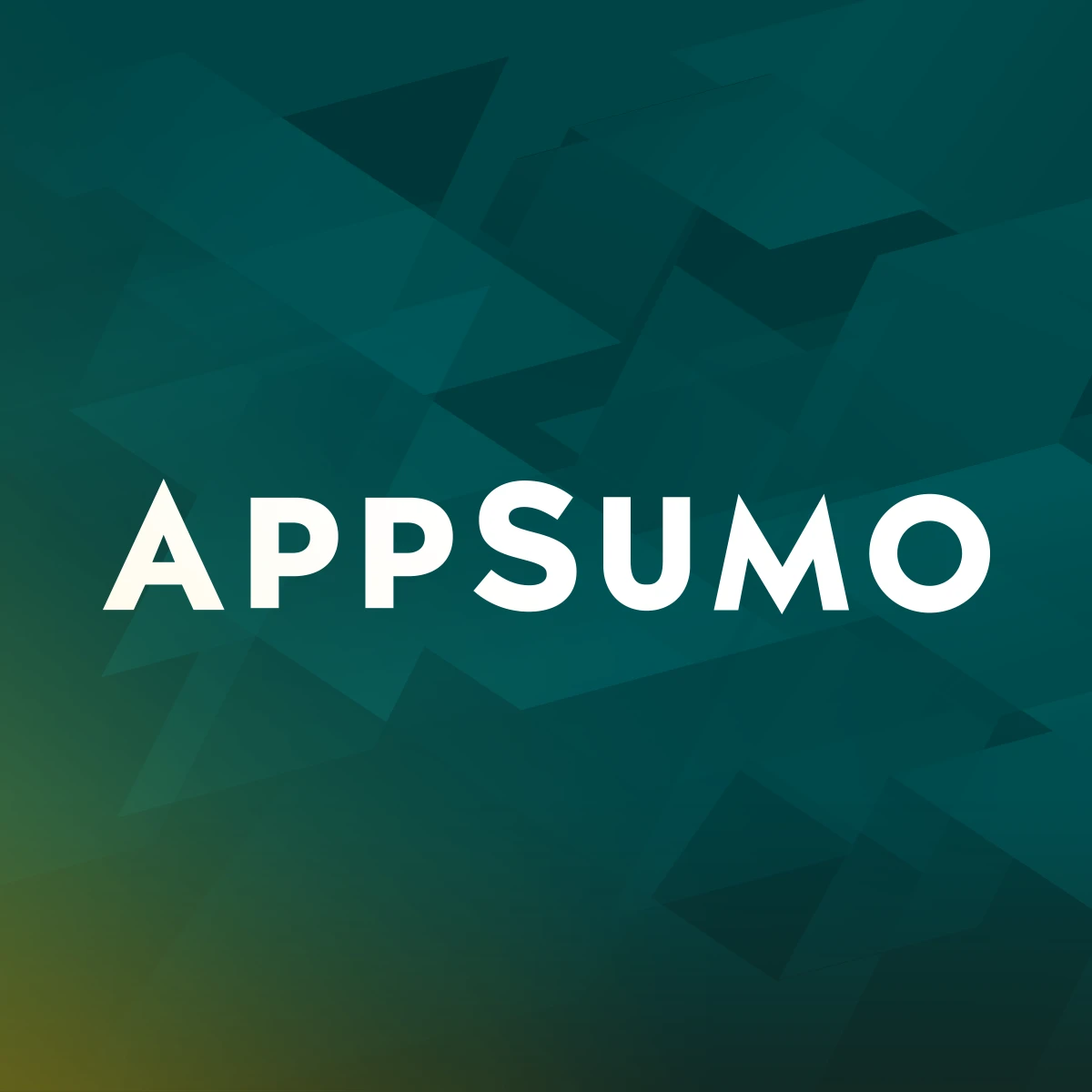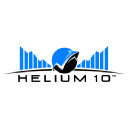We Make $18K/Month Selling WordPress Templates, Plugins, And Courses In The Spanish Market
Hello! Who are you and what business did you start?
Hi! I am Pau and I am the guy behind Una Vida Online. I started this website in 2018 as a side gig to share my experience and knowledge in blogging and affiliate marketing, and since then it has grown to become a business that also employs a full-time assistant and many other freelancers who help me in content creation and customer service.
We have several products and services which all revolve around the main topic of the website. We started with an online course and a newsletter, and since then we have diversified to sell WordPress templates and plugins for affiliate marketers. We have recently launched a tokenized private community for people interested in generating income via blogging or affiliate marketing.
Something that makes me very proud is that many students are doing great with their websites and they have even been able to quit their full-time jobs.
Although managing all this means a lot of work, we are currently making about 18K per month with a good profit margin. Our revenue comes from selling online courses and WordPress themes/plugins, as well as community memberships.


































